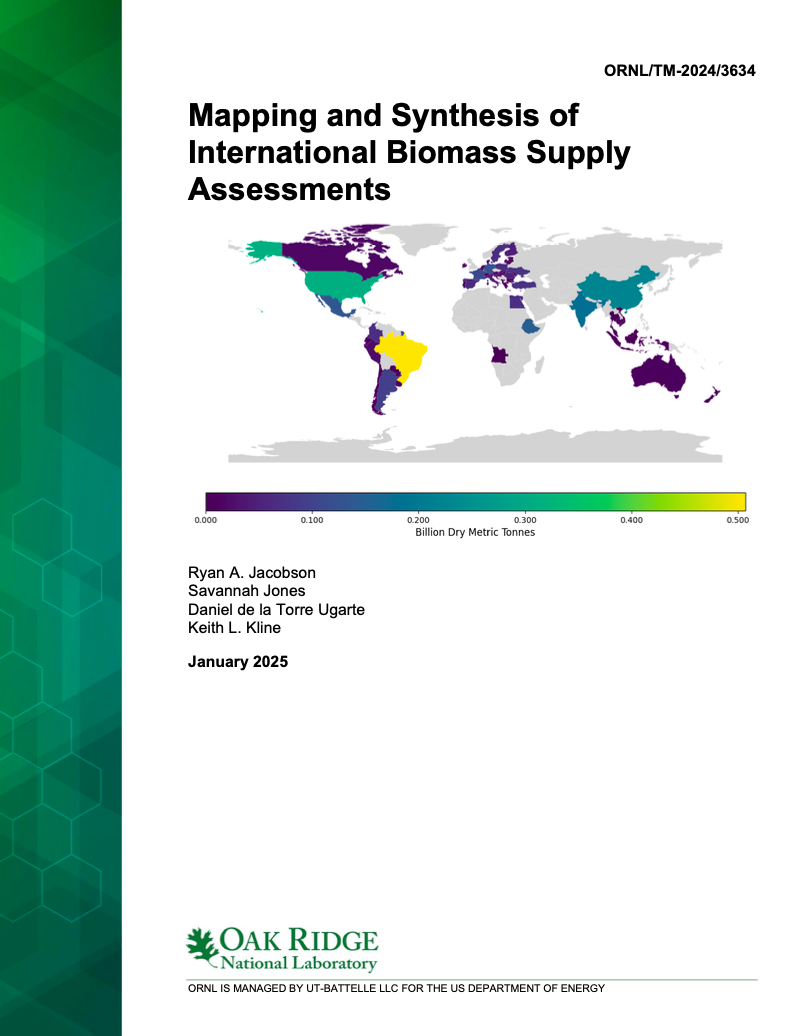Connecting the energy transition and the Dutch nitrogen crisis: Opportunities for biogas

The Netherlands has a high deposition of nitrogen causing harm to ecosystem functioning and biodiversity. Animal agriculture, especially dairy and pig farms, play a large role in Dutch nitrogen emissions due to the manure that they produce. To bring down emissions, the Dutch government aims to buy out farmers of their agricultural lands for 15 billion euros.
However, there might be another more effective solution: biogas. In an airtight chamber, bacteria are able to ‘digest’ or break down the biodegradable content of manure, which produces a gas mixture called biogas. This process is called anaerobic digestion. Biogas can be used as a substitute for fossil-based natural gas. By investing in large scale biogas processing facilities in combination with ‘nitrogen strippers’, nitrogen emissions can be reduced while creating value for farmers.
One such example already exists in the Netherlands: the biogas hub in Noord-Deurningen consisting of 6 dairy farmers yearly producing a biogas equivalent that is able to replace 1 million m3 of natural gas for industrial use in Denekamp.
Read more about the initiative here.
Wim Thomas (ES3) in his linkedin article on biogas solutions, proposes an integrated approach between energy and the environment. Biogas production can play an important role in the energy transition, offering energy security in the Netherlands and an affordable alternative for fossil gas, as well as offering an effective means to reduce nitrogen deposition in the Netherlands.
Using an approach that combines biogas production at a central site along with farm-level practices of adding natural acids to stable floor and cellar manure can heavily reduce methane and nitrogen emissions. He estimates that this way, the total investment cost necessary to achieve the Dutch nitrogen reduction target is around 2.5 billion euros, which is much lower than the farm buy-out costs proposed by the Dutch government of 15 billion euros.
These ideas were also presented at a biogas seminar organised by the Clingendael International Energy Programme. See here.
Recente artikelen
Deloitte & To70: Nationale SAF-roadmap | 2025

Neste starts sustainable aviation fuel production at biorefinery in Rotterdam

Oak Ridge National Laboratory: Mapping and Synthesis of International Biomass Supply Assessment | 2025


